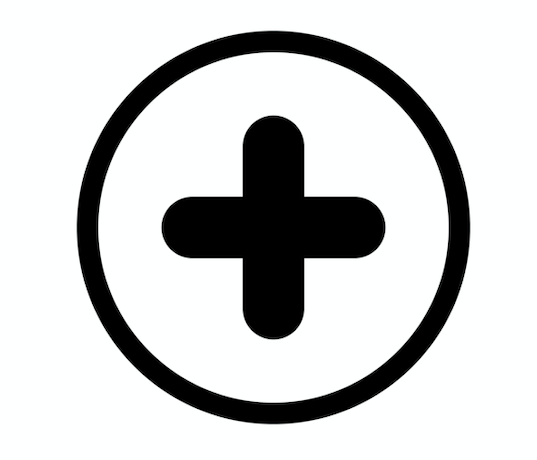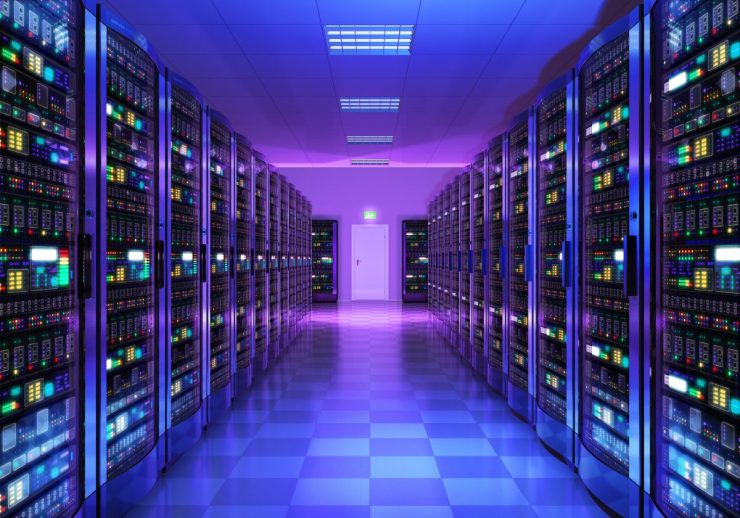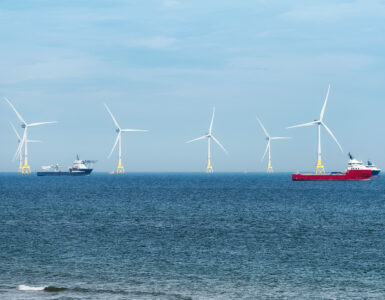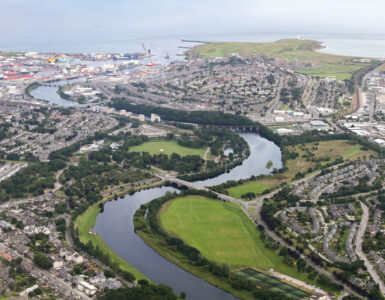You might know of the four areas we use to describe different where energy is used; domestic (heating and electricity), transport, industry and services.
However, you might be surprised when we look further into a sector that uses a lot more energy than you might have realised… the digital space.
BIG DATA
You probably use the internet every day, whether it’s at school, on your phone or if you’re online gaming. In fact, you’re using it right now as you read this article!
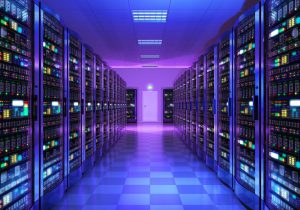
Data servers use around 3% of the world’s electricity
But did you know that aside from the energy used to power your computer, phone or games console, there’s a whole lot more being used that’s harder to see?
Every time you watch a music video on YouTube, upload a pic to Instagram or send a Snapchat to your friends, it needs to be stored somewhere.
That somewhere is a data centre like the image shown. This is where billions of gigabytes of information are kept, and which use a huge amount of electricity to run.
Together, all the data centres in the world use more electricity than Japan and Germany generate combined and more than the UK uses in a year. This is set to grow to three times that amount in the next 10 years.
THE FUTURE
So if we know how much energy all this online activity uses today, and an idea of how much it’s likely to grow in the future, how should we be preparing for it?
Several big companies, such as Google, Apple and Facebook are already changing the way they work across different parts of their business. For example, increasing their use of renewables to generate the large amounts of electricity they use so they cut down on carbon emissions.
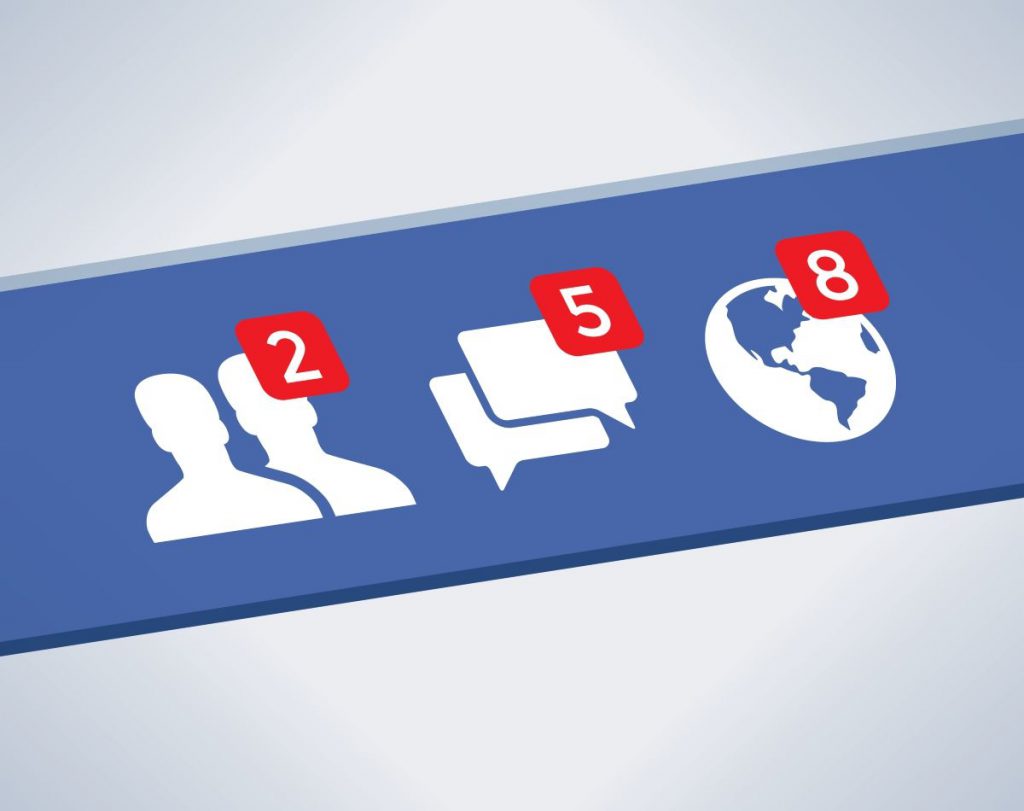
Building data centres in specific climates is also being tested. Facebook have built a data centre in Sweden, where the cold climate helps cool down their data centres (which run very hot, like leaving a laptop charger plugged in for a long time, but on a much bigger scale), without the need to use even more electricity on cooling fans.
Usually when talking about saving energy, we can look at making technology more efficient. However, when it comes to things like phones, laptops and tablets, the faster, smarter and more efficient technology is, the more we use it!
This difference can mean we end up using more and saving less! One of the more unusual solutions suggested would be to tax people on their online activity.
So every time you wanted to upload a picture to Facebook, you would need to pay to do so. It’s thought that this would help slow down the amount of data being stored and therefore the energy needed to store it.
